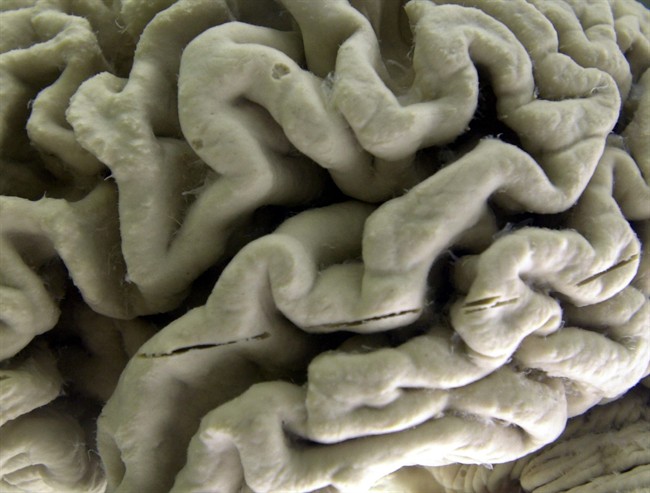A professor of clinical neuropsychology at the University of Moncton says a computer application she developed could help doctors better predict a patient’s risk of developing dementia.

Sarah Pakzad’s Neurocognitive Frailty Index would help healthcare professionals walk patients through tests that would assess risk factors for dementia.
READ MORE: Traumatic brain injuries increase your risk of dementia later in life: study

Get breaking National news
At the end of the test, the app would produce a percentage probability of the patient developing dementia.
Pakzad spent the last seven years working on the index, which draws information from a database of more than 25,000 patients over the age of 50.
READ MORE: Should kids play football? Study shows brain changes in young football players without concussions
She says the program is more that 90 per cent accurate, and can help ease some of the stress on New Brunswick’s medical system.
She hopes to finish the design within the next year.







Comments